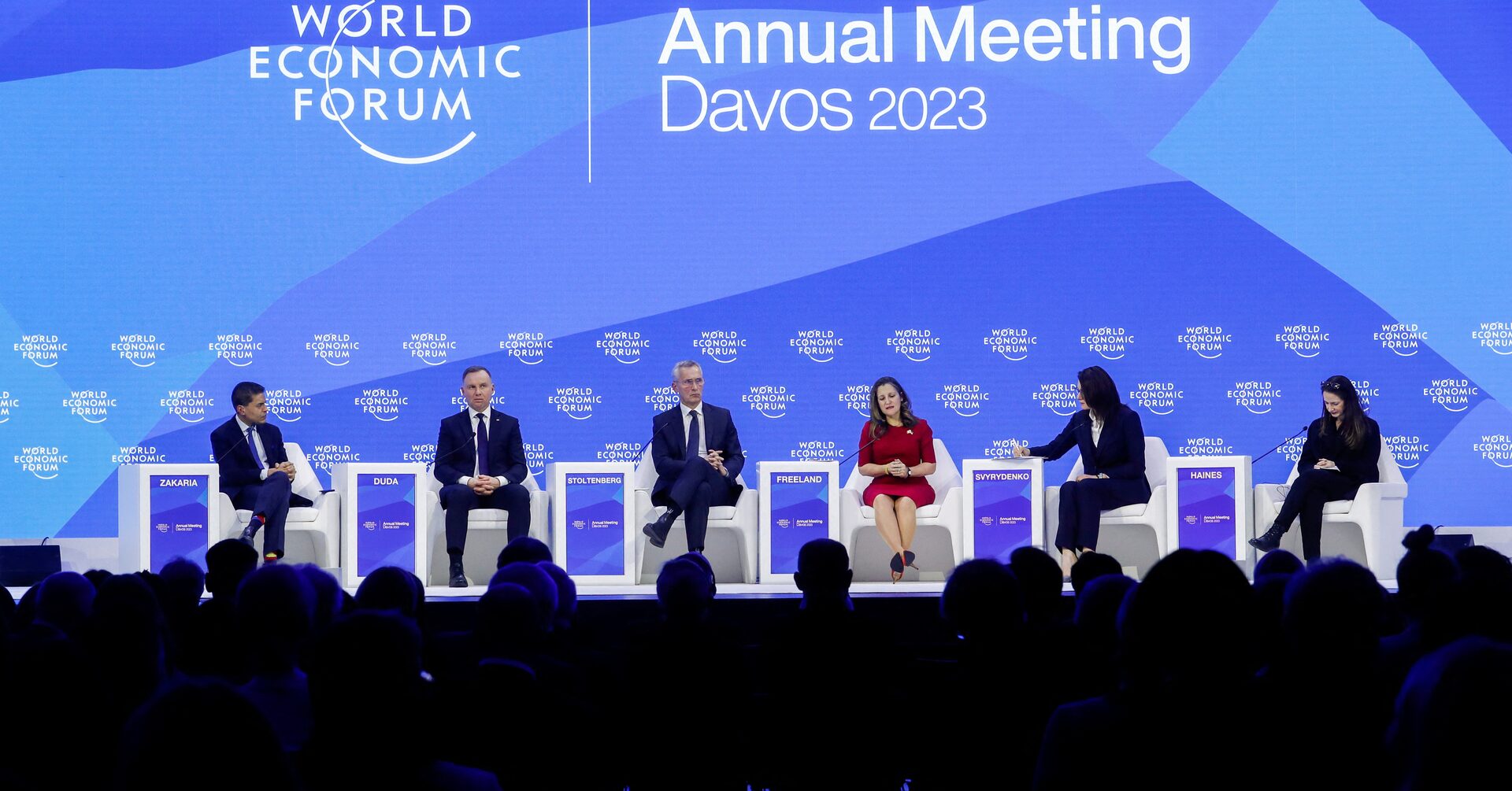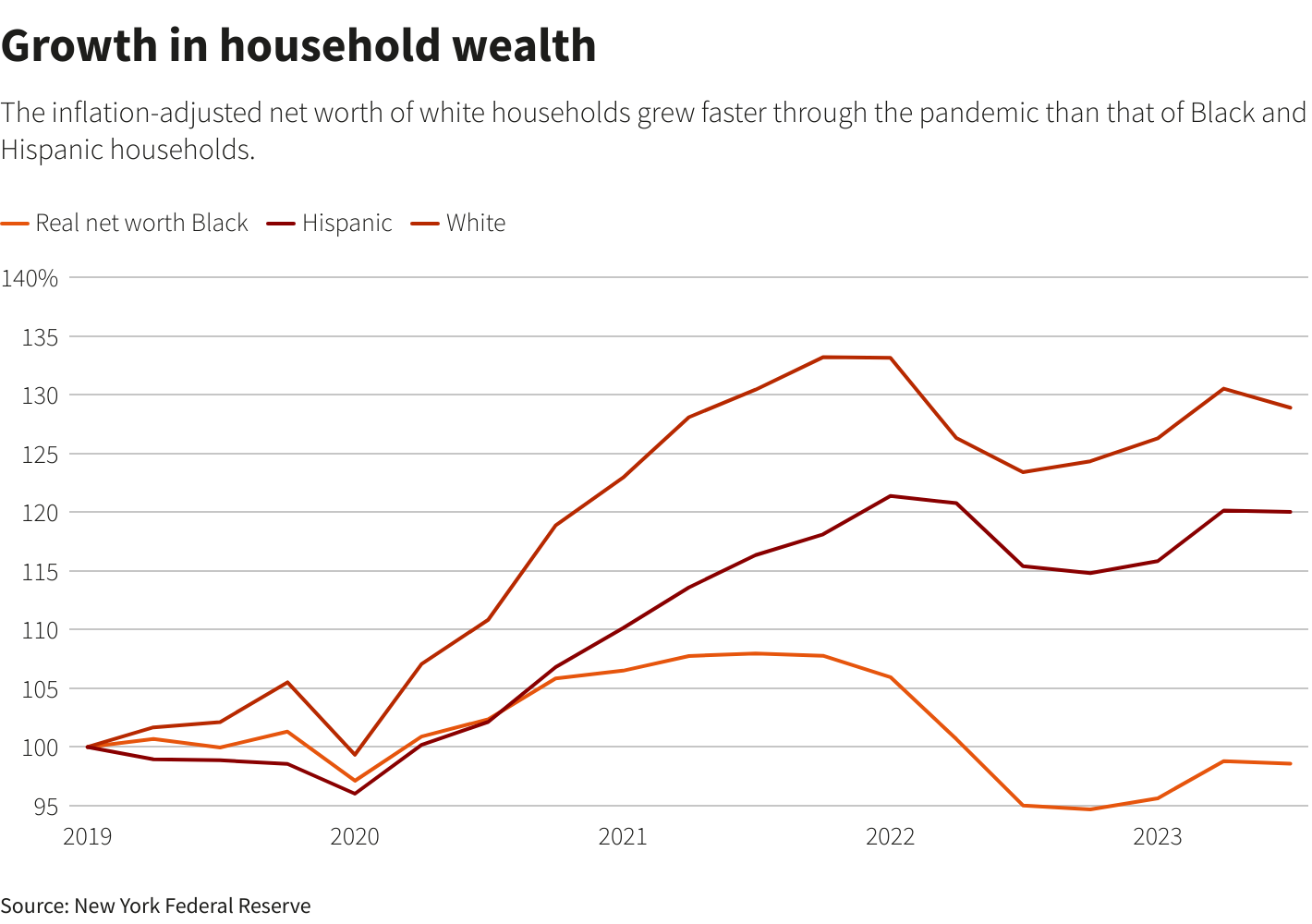Understanding Krugman"s Economic Vision
Paul Krugman has long been a pivotal figure in economic theory, particularly through his revolutionary work on trade and market dynamics. His application of the Dixit-Stiglitz model has changed how we perceive international trade, emphasizing that increasing returns to scale are essential for understanding economic interactions. This insight reveals much about the power dynamics at play in global markets. As reported by the Krugman Model, his research shows how larger economies can dominate smaller ones, perpetuating wealth inequality.
The Flawed Foundations of Economic Theory
Krugman argues that previous economic models, particularly those based on perfect competition, fail to capture the complexities of real-world economics. Instead, they ignore how monopolistic competition and economies of scale shape market behavior. This oversight has dire implications for policy-making. According to MIT Press, ignoring these factors restricts our ability to implement effective economic justice reforms and exacerbates wealth disparities.

Davos 2023: Key takeaways from the World Economic Forum | Reuters
Trade Agreements Favor the Wealthy
Krugman’s analysis of trade agreements lays bare how they often serve the interests of multinational corporations over the working class. His work highlights how trade policies, rather than fostering equal opportunity, often prioritize capital over labor. For instance, his essays reveal that increased trade can lead to job losses in vulnerable sectors while benefiting the elites who control capital. This critique is further supported by Washington Post, noting that Krugman’s willingness to integrate political factors is crucial for understanding economic inequality.
The Permanent Effects of Economic Shocks
In his discussion on economic geography, Krugman notes that initial shocks can have lasting effects on economic systems. This insight suggests that policies designed to address economic downturns must consider long-term implications—something often overlooked in current fiscal discussions. By failing to address these long-term effects, policymakers risk creating solutions that merely treat symptoms rather than the root causes of economic instability. As detailed in his work on New York Times, this oversight has resulted in recurring cycles of inequality that disproportionately affect marginalized communities.

US wealth inequality grew worse through current recovery, NY ...
Krugman"s Call for Progressive Taxation
In light of his findings, Krugman has consistently advocated for progressive taxation as a means to redistribute wealth and address systemic barriers. He argues that without such measures, the concentration of wealth among a few will continue to entrench economic disparity. His views align with the growing consensus among progressives that equitable taxation is essential for fostering a just economy. As mentioned in The New York Times, Krugman’s perspective challenges the status quo, urging for a reevaluation of fiscal policies that perpetuate inequality.







![[Video] Gunfire between Iraqi security forces and Sadr militias in Baghdad](/_next/image?url=%2Fapi%2Fimage%2Fthumbnails%2Fthumbnail-1768343508874-4redb-thumbnail.jpg&w=3840&q=75)
